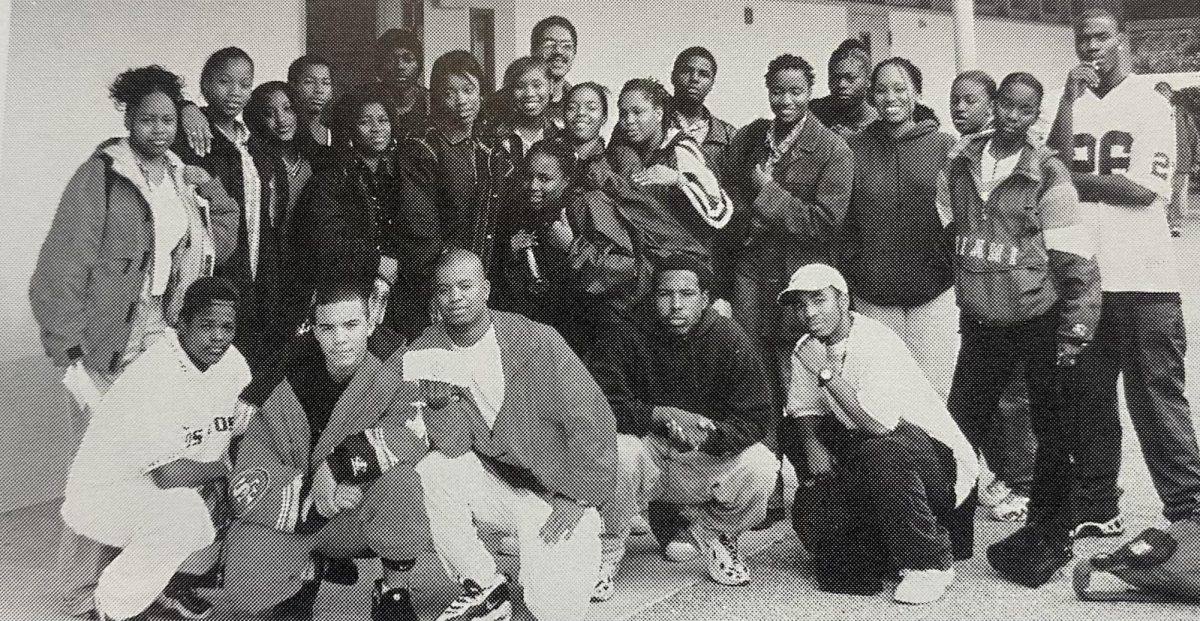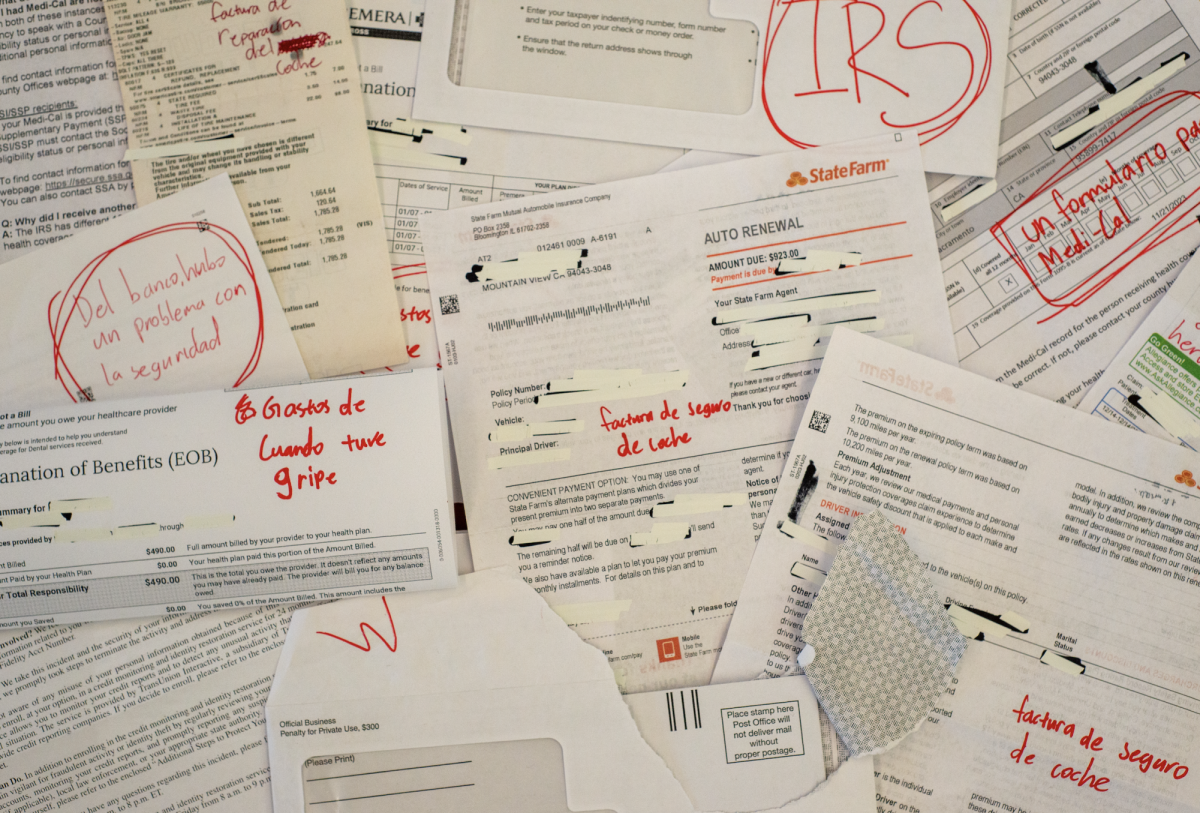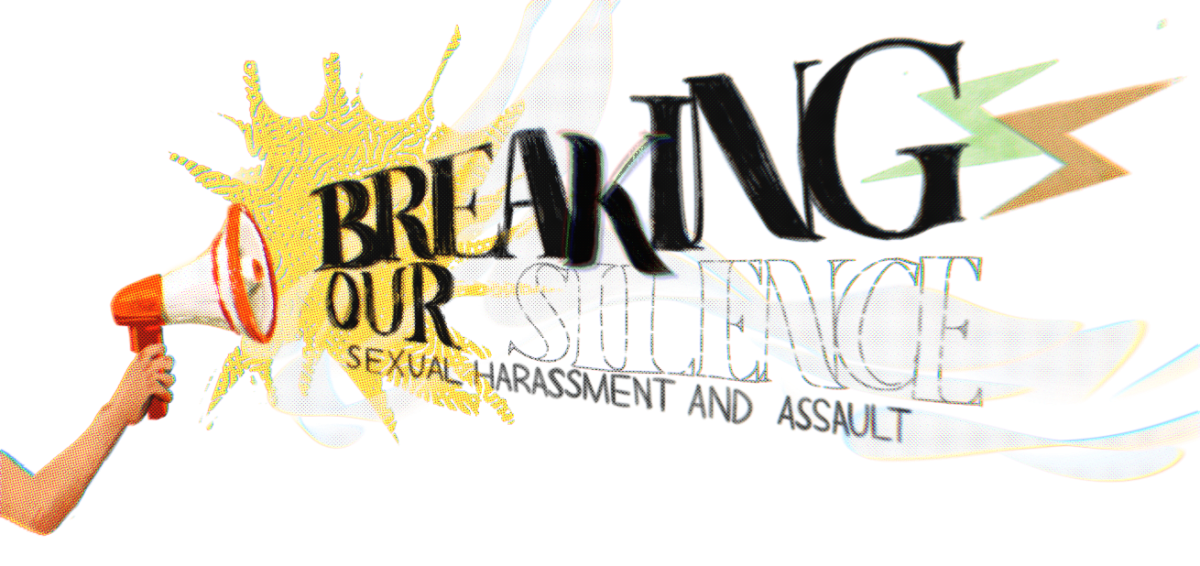By Nadya Agrawal, Jason Hu, Sandra Song and Kelly Wang
Senior Writer, Staff Writer, Information Editor and Copy Editor
“If you were gay, that’d be okay. I mean cause, hey, I’d like you anyway!”
Broadway show “Avenue Q” managed to summarize an entire perspective in a simple, musical rhyme. When it comes to reality, however, students in the school face more complications than these lines suggest. The Talon explored this subject through current LGBT (lesbian, gay, bisexual or transgender) students and alumni.
Realization
Some students became aware of their sexuality when, unlike their male peers, they took less interest in women than they did men.
“Some guy asked me if I thought Beyoncé Knowles was hot and my reaction wasn’t enthusiastic enough for him,” Hayden Smith, ‘08, said. “It was then that I realized I was different from other guys and that it wasn’t just a phase.”
Hayden had been attracted to guys since fifth grade, though it wasn’t until freshman year that he came to accept that he was gay. Others had similar experiences.
Like Hayden, Michael Imprescia, ‘07, knew he was different when he noticed he was more curious about the male body than the female’s.
“Since I knew what being gay meant, I started to put the pieces together,” Michael said. “I never had trouble accepting it because I had always felt socially different anyways.”
Realization does not come as an epiphany; it is a slow and often confusing process. Questions about orientation can lead to questions about fundamental identity.
“Before I thought I knew who I [was]; now maybe I need to do a bit more self-finding,” an anonymous female student said. “I know it sounds a bit cliché, but it’s true.”
It can take a long time to be truly confident with themselves and their new identities.
“At first I thought this was all in my head, but then I noticed who I really [was],” an anonymous sophomore girl said. “It took me a while, maybe a year or two, to accept myself as the way I am. That’s just the way you are.”
According to sophomore Randy Jimenez, who “came out to [himself]” in seventh grade, the time period after realization and before coming out can be a trying experience.
“Some of my guy friends would make it really awkward,” Randy said. “They would be really [play] flirty. They’re not gay so they’re just making it awkward.”
Coming Out
Coming out to family and friends is usually the hardest experience for gay teens. Because of this, many people who are “in the closet” choose to tell someone they do not know very well or someone who they feel will not judge them.
The first person to whom Tony Zhukovskiy, ‘08, came out was actually someone he had never met before, through a website that claimed to help young people come out.
“I felt that the distance and that claim made a good combination and I was right,” Tony said. “They were very supportive.”
A roommate at a summer school camp was the first person Hayden told.
“I had only known him a few weeks, but it was much easier to tell someone you didn’t know well,” Hayden said. “You have nothing to lose with them.”
The hardest people to tell, however, are the exact opposite—the people one knows the best and cares deeply about.
“[My mom] is going to judge me and she’s just going to kick me out,”the anonymous sophomore said. “She believes that gay people or bisexuals shouldn’t have family. I think that’s just wrong.”
Tony put off telling his father until 2 1/2 years after he came out to most people.
“[My dad] wasn’t happy, but he said that his duty as my father is to love me so he’d learn to deal with it,” Tony said. “Most people, including those closest to me, adapted very quickly and painlessly, … something that very few queer people enjoy.”
But not everyone has been as accepting and supportive.
“My priest from church … told me that it was a horrible sin and that I should cry with actual tears every single night and beg the Lord to forgive my terrible transgressions,” Tony said. “That conversation was quite disheartening, and it is unfortunate that it happened so early on in the process.”
But after coming out to family and friends, the emotions were very different.
“I didn’t feel the relief people promised I would feel after coming out for the first time, just stressed and not sure what to think,” Tony said. “In fact, it wasn’t until I was so used to coming out that I stopped questioning whether I should or not.”
Hayden, on the other hand, felt relieved and unburdened.
“It was like a weight being lifted,” Hayden said. “I had denied [it] so long. Saying it out loud to myself, first, and then to others was liberating. Everything in my life made sense; there were no more questions.”
Life Experience
Going through life in high school as a gay student is unlike living life as a straight student, but according to Tony, Michael and Hayden, there is not a huge difference.
“[Coming out] hasn’t changed the way I interact with others,” Tony said. “I’m a lot happier now that I don’t have any repressed feelings, and I’m a lot more open with other people.”
LGBT students’ sexual orientations have little impact on their lives. Being LGBT is not a choice like vegetarianism, nor is it a belief like a religion. It is simply another trait in the spectrum of human diversity.
“Being gay doesn’t really mean anything to me anymore,” Hayden said. “It’s not significant enough to mean something because I’ve always been this way.”
Because the beliefs and goals of LGBT students are unique to each individual, there is ultimately no such thing as a gay lifestyle. The stereotypes of flamboyant gays and butch lesbians are exactly that: stereotypes.
“I don’t like when people think that gay men dress a certain ‘gay’ way, because it’s not true,” Michael said. “We don’t all look or act the same. I especially don’t like the stereotype that gay men are weak and, for example, are bad at sports, because that has absolutely nothing to do with being gay.”
However, despite the diversity between LGBT students, they all have one thing in common. To be LGBT is to be a minority, and like almost every minority, LGBT students face discrimination and prejudice.
“I don’t personally have to struggle with [being LGBT], but from what I’ve observed it seems very difficult,” said GSA member junior Kira Labuda, a straight ally. “If you’re the odd one out and everyone’s against you, … I can’t even imagine what LGBTs must go through. I have a lot of respect for them.”
While many are understanding toward these minorities, there are still LGBT students who don’t feel comfortable speaking up about themselves.
“At first it was pretty hard, because I didn’t know how people would react,” Tony said. “Los Altos is, after all, an ostensibly conservative town.”
The school itself is relatively progressive, and many students and staff have already opened up conversations about sexual orientation. By simply acknowledging the issue, people can help dismantle the ignorance from which most homophobia stems.
“I wish that one day people will be able to openly talk about this and it won’t be such a taboo subject,” the anonymous female student said. “I’m sick and tired that people avoid the subject.”
Hayden echoes her sentiments.
“I don’t like … being gay being a negative thing,” Hayden said. “Before I came out, a lot of my friends defended me when people questioned; they said ‘he’s not gay’ as if being gay were a bad thing. While I appreciated their defense, society doesn’t really want homosexuality.”
Discrimination does not have to be publicized to be hurtful. Every time someone substitutes “gay” for “stupid,” it is another painful reminder that society has yet to fully embrace LGBT people. While many people who use “gay” negatively mean no malice, the careless use of the word oftentimes hurts just as much.
Although everyday life may not be filled with blatant discrimination, there are still clear signs that society has yet to fully accept homosexuality. The passing of Proposition 8 in November, which banned same sex marriage in California, demonstrates this attitude. Its passing gave a disappointing blow to members and supporters of the LGBT community.
“Prop 8 angered me not only because I would like to get married at some point, but also because it’s just wrong,” Michael said. “Taking rights away from people who deserve them just as much as others do is horrible.”
Broken hearts can be the great equalizer, and the usual adolescent pangs can unite us. In the end, it is a matter of realizing that the lives we live are fundamentally the same.







